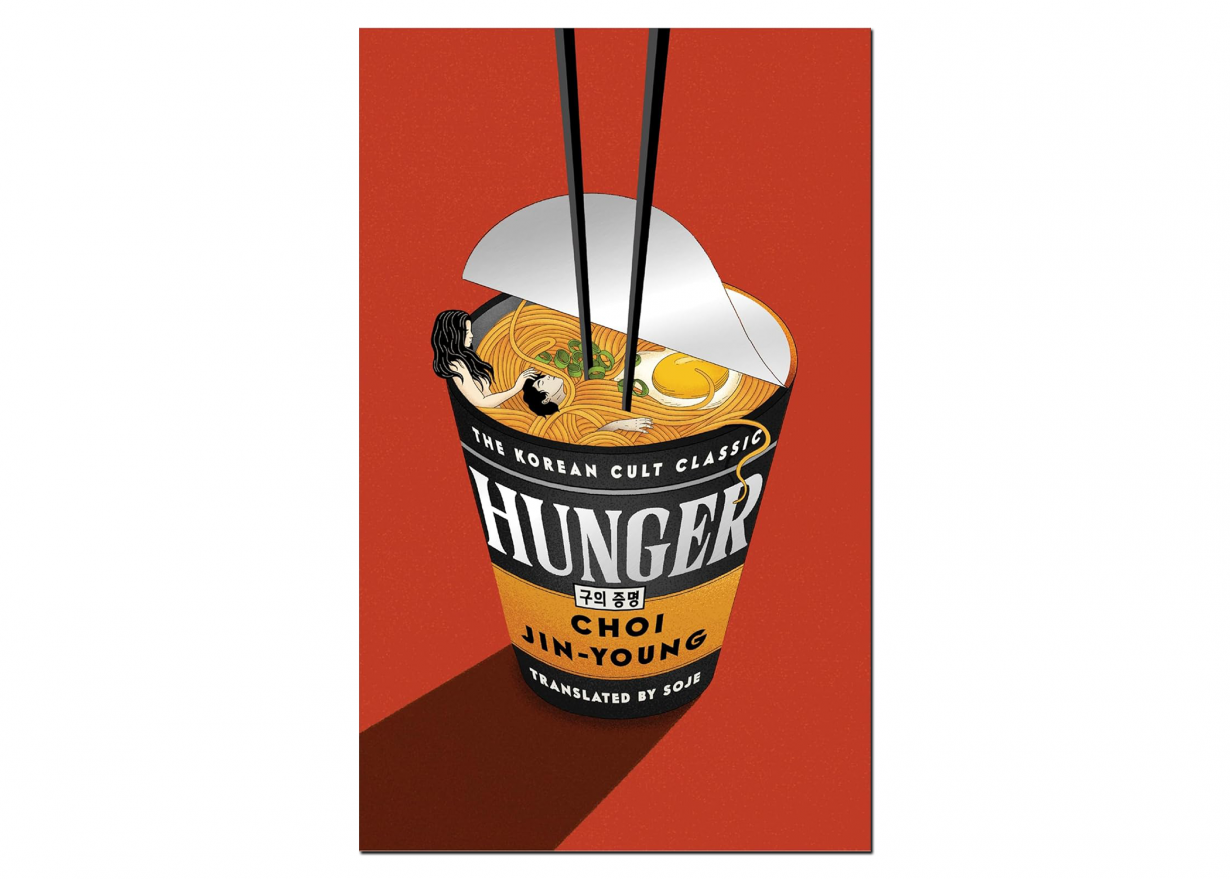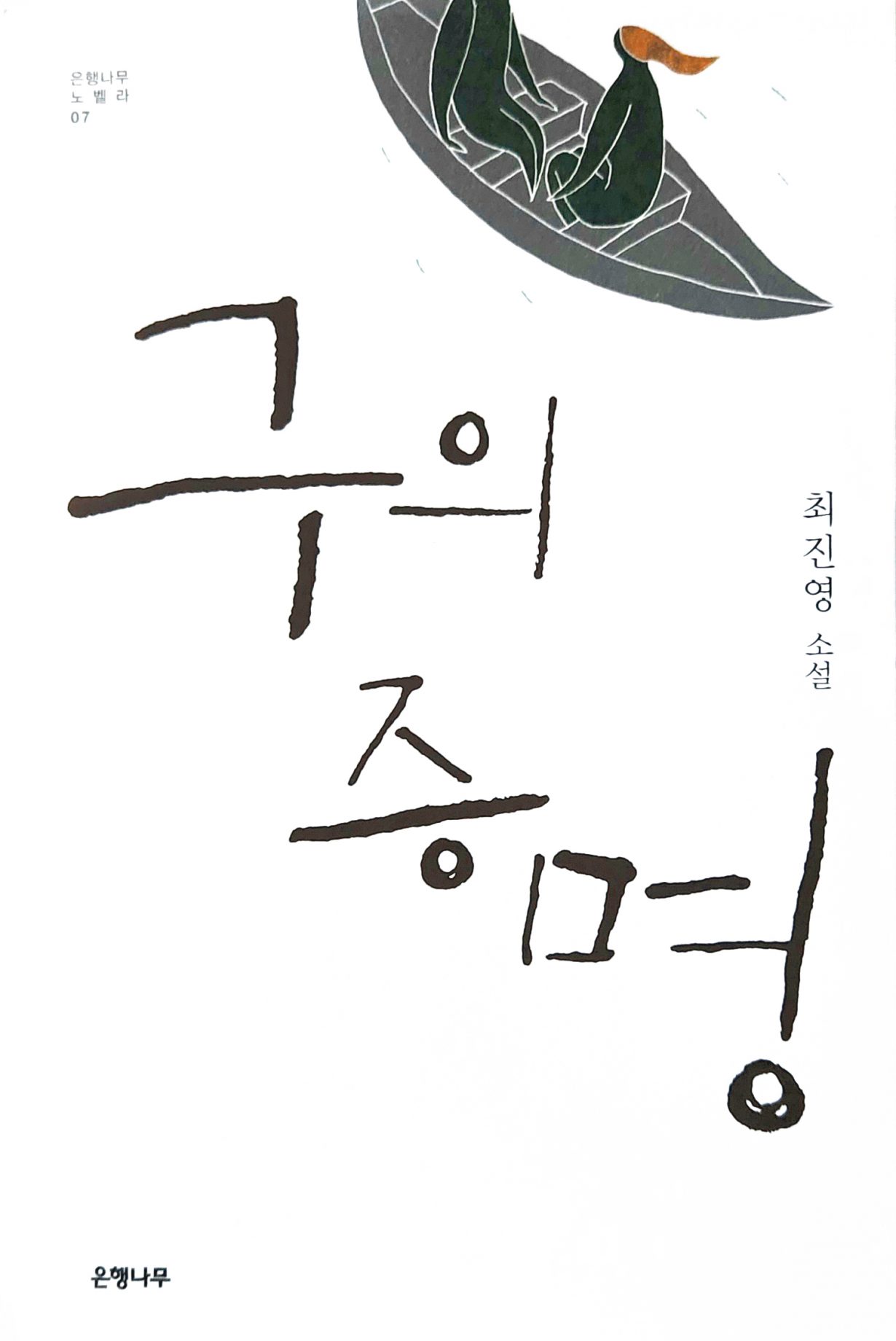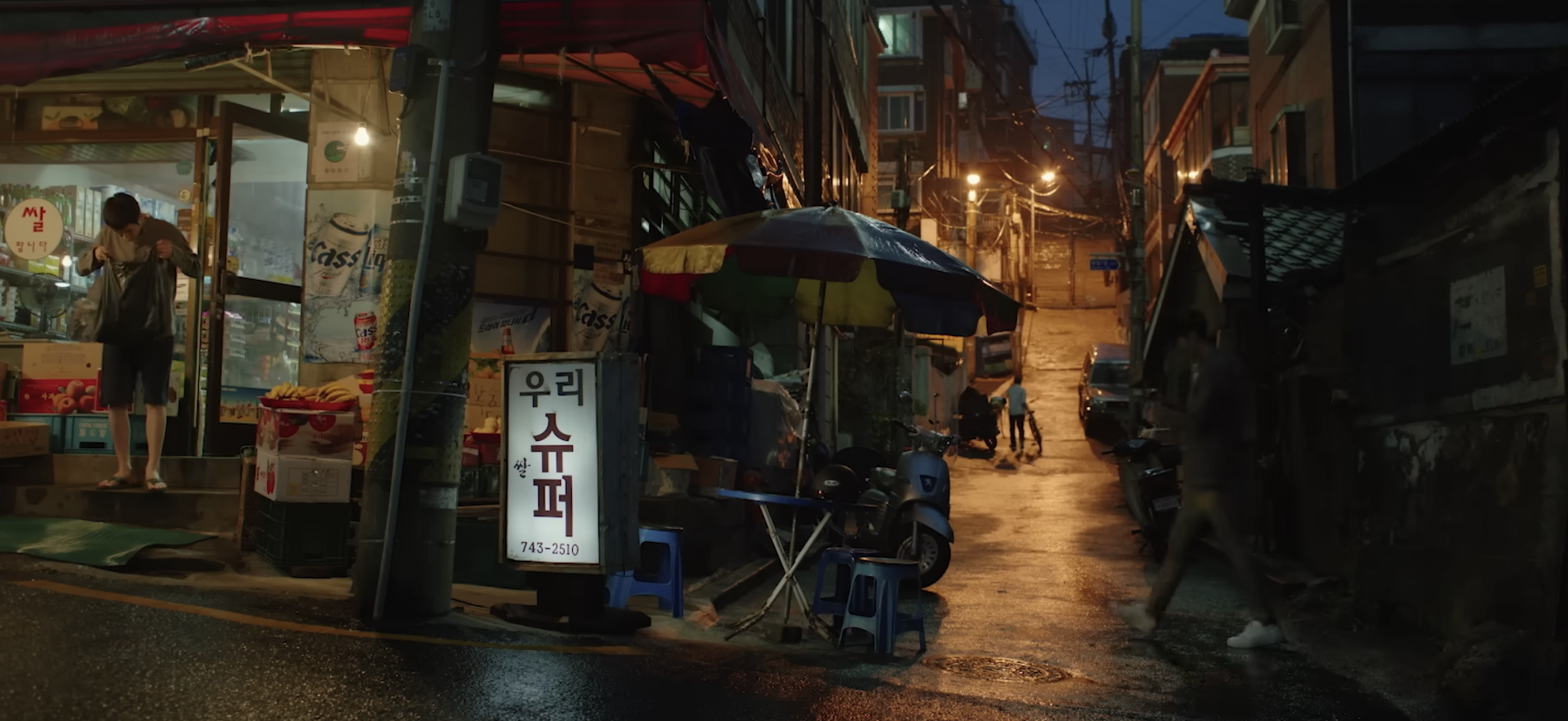If love stories seek to explore what makes us human, then Choi wonders what it means to be humane
‘Love made such acts of imagination possible, and imagination made that love possible,’ writes Choi Jin-young in the author’s note to her novel Hunger (out now in an English-language translation by Soje). This is decidedly a love story, though one twisted by the violence of poverty and predatory lending into a cannibalistic nightmare of body horror. So ‘such acts of imagination’ include one character pledging to eat the other, without use of knives or fire. If love stories have often sought to explore what makes us human, then Choi wonders what it means to be humane.
The story might seem familiar. Gu and Dam are star-crossed lovers who meet and become infatuated with one another in elementary school. Because they innocently dare to hold hands in public, they are sexualised by their peers and persecuted by their parents and teachers. As children, they steal sugar during their playdates because they don’t have money for sweets. They move on to petty theft, shaking down Dam’s aunt’s clothes for loose change. Ice cream money is what they’re hunting for, lavishing in the youthful rush of a shared secret, but they carry a guilt for these infractions into young adulthood as their innocence becomes squeezed out by familial trauma and bracing poverty. In a South Korean society defined by cutthroat competition, where children are strictly managed by parents from infancy to marriage in order to have a shot at success, Dam and Gu – unsupervised and underresourced – know they are already doomed. The necessary (and expensive) cram schools, college networking events and routine plastic surgery (to appear attractive enough for employment) are well beyond their reach. Dam accepts, ‘I hadn’t even got started, and failure was already guaranteed. Life had won.’ All they have is each other.
So begins their love story: of slowly slipping off the razor-thin margin of what is considered good, chaste, civilised behaviour in contemporary South Korea and into life on the fringes. It’s easy to forget that Gu and Dam, as we encounter them, are as young as they are: they seem ageless, having experienced more crushing loss and lack of real opportunity in just over two decades than most people over much longer lifetimes. Hunger’s brief and unmarked chapters, told in alternating points of view from Dam and Gu, create a permeability between them, as their stories become, in our minds, combined memories.

But Gu, at the beginning of the novel, is already dead. He has been killed by loan sharks, who pinned him with his family’s debt after his parents intentionally disappeared, leaving him to shoulder the consequences. Dam, meanwhile, seems to be ascending a ladder of grief: abandoned by her parents at infancy, raised by a grandfather who dies, then by an aunt who also dies. Faced with the loss of the single remaining loved one in her life, she turns to Gu: ‘I will eat you and live for an extraordinarily long time. I will outlive those who treated us as less than human. Even as they grow old, fall ill, die – until they are long forgotten and their bodies disintegrate into nothingness – I will live. I will carry your remains with me to the very end of time.’ Powerless in all the conventional ways, she instead claims both his body and hers. It is an extraordinary act of defiance, revenge, burial and resurrection.
Hunger was originally published in Korean in 2015 as ‘Proof of Gu’. The change in title reveals a significant pivot: the Korean centres Gu, whereas the English centers Dam, alluding to her cannibalising love and appetite to avenge Gu (the only ambition she ever shows in her life). The original Korean title 구의 증명 literally means ‘Gu’s Proof’, underscoring his agency or perhaps his acquittal, having paid the ultimate price for an inherited debt. But proof of what? Dam alludes to the value of his organs on the black market, which is a ‘rational’ reason why she must not let his body be discovered. She fears the sharks will sell him off for parts. Is his body proof of his existence, which must be obliterated? Or is his voice from the afterlife proof of his love for Dam? As Gu watches Dam grieve over his body, he wonders if he’s done and said enough: ‘I convinced myself that, over the years, I had said everything I needed to. Even if I’d missed something, there was no need to speak it now. Some things are better left unsaid.’ As in life, he has no choice but to accept his lot of unknowing. Even death has not granted him privileged access, not only to information but to the people he loved. While he can see Dam, she can’t see, feel or hear him. He is alone with his memories in the afterlife.

Dam and Gu live close to the version of South Korea depicted in the 2019 film Parasite, directed by Bong Joon Ho, where the tightening pressures of poverty force the Kim family into increasing violence. If Parasite takes a wide angle, Hunger uses a tight shot in the vein of Han Kang’s The Vegetarian (translated into English by Deborah Smith and published in 2015). Dam’s singleminded pursuit of control over her lover’s body recalls the body obsessions of The Vegetarian’s Yeong-hye, who refuses to eat meat or touch her carnivorous husband, instead choosing to have sex with a stranger painted with flowers. Exhausted and abandoned by a society that does not value their needs, both women are determined to live on their own terms, no matter the personal and social costs.
Despite the visceral violence, cannibalism here evokes an honoured sense of ritual, calling to mind something like the Tibetan Sky Burial, which despite its poetic name, still requires the muscular dismemberment of a human body and its parts thrown to vultures. It is a solution of necessity: in a high-altitude ecosystem where burial or cremation is not possible, people accommodate. Likewise, eating a lover’s corpse as a form of tribute only seems justifiable in a specific – and in this case, hellish – scenario in which that body has already been hunted, kidnapped, beaten and killed for the social crime of having been born into a financially irresponsible family. Weighed against the vicious consequences of predatory lending, where the body is valued merely for its potential for profit, Choi presents cannibalism as a humane, even rehabilitating, option. That Hunger – or ‘Proof of Gu’ – has become a cult classic in South Korea reveals the nerve she has hit, exposing both a legible horror of the failures of modern capitalism and a craving for the unbreakable humanity that exists despite it all.
Yoojin Grace Wuertz was born in Seoul and is the author of Everything Belongs to Us (2017)
